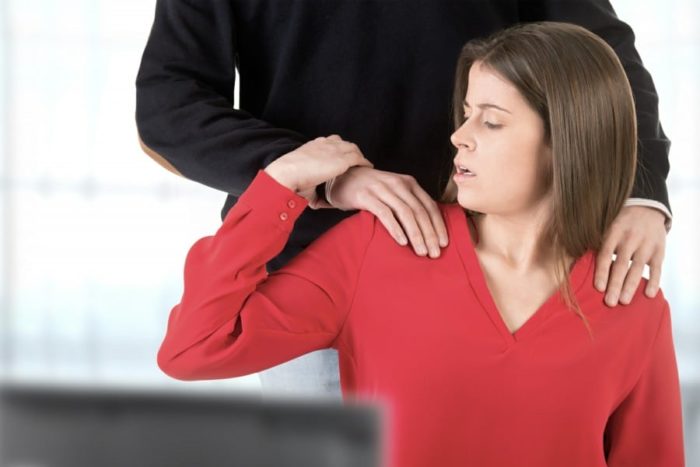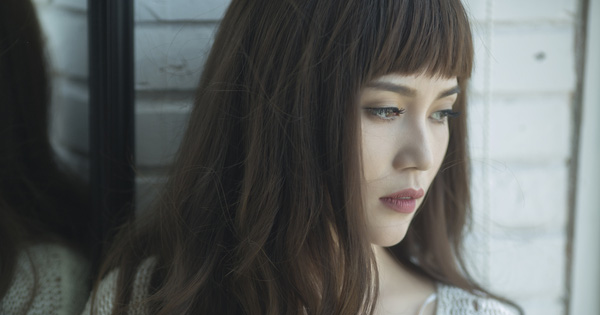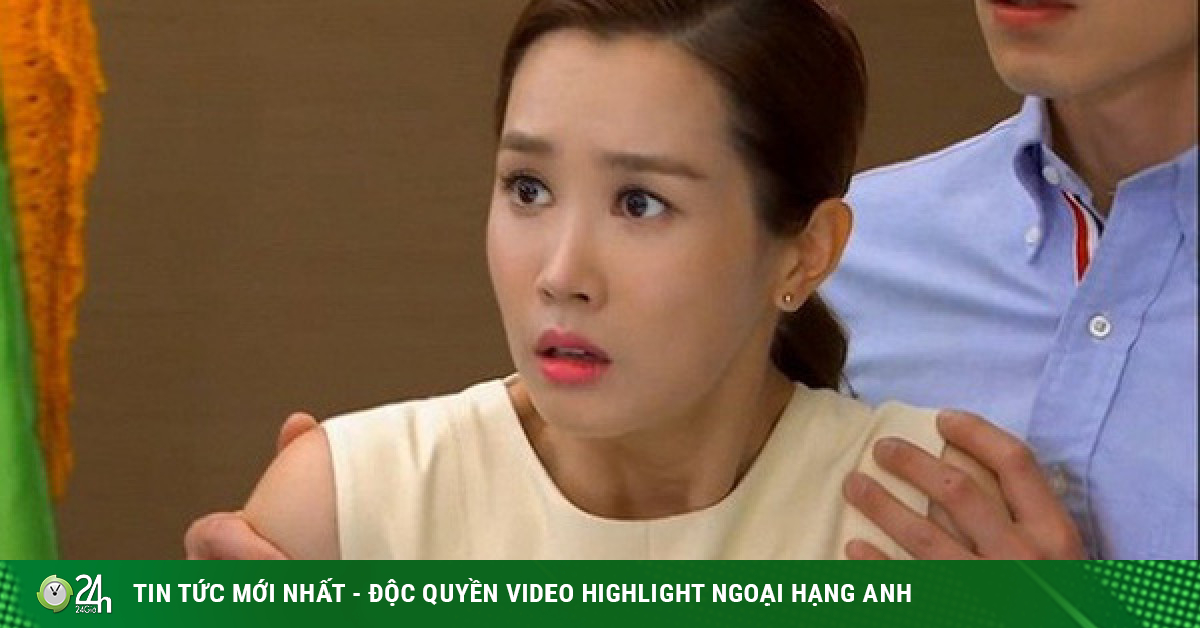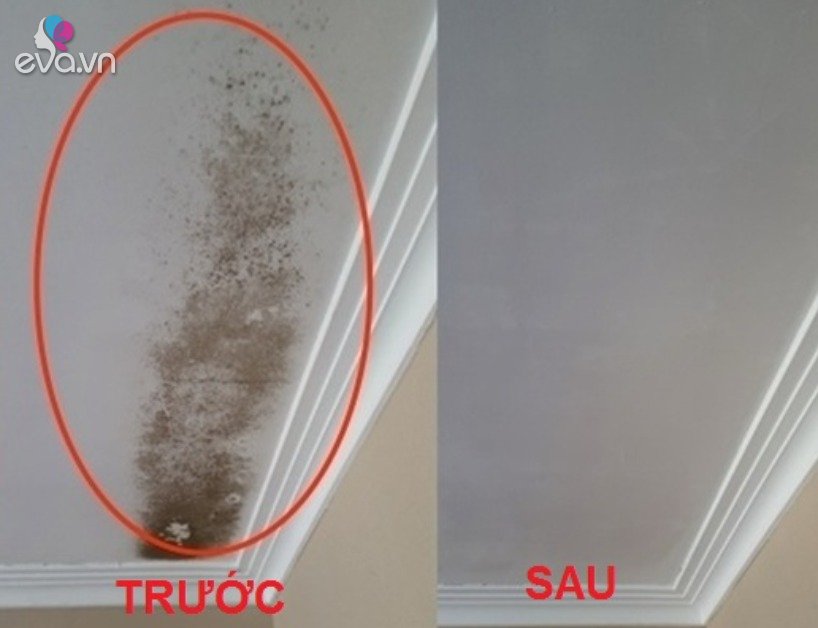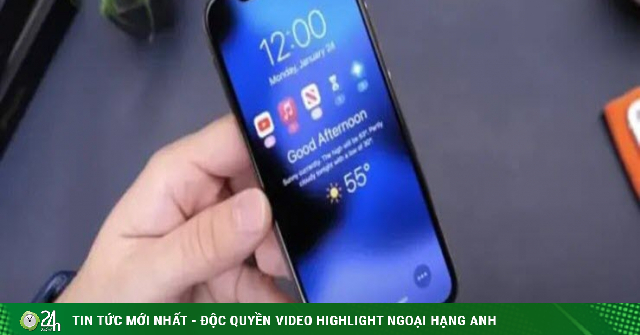They say “Please” and “Thank you”
Bonnie Tsai, etiquette expert, founder and director of Beyond Etiquette says, “Please” and “Thank you” are two indispensable phrases in basic communication that help conversations. yours becomes more favorable. We are often taught this from a young age, but growing up it is easy to forget this simple but beautiful thing. Show gratitude and respect to others.
They don’t touch others without permission
Aside from shaking hands, polite people won’t touch others or invade their space without their permission.
“They do this because they understand that no one feels comfortable being touched by a complete stranger. If you’re not sure, ask the other person before continuing,” explained Tsai.
They admit when they make mistakes
A polite person will admit when mistakes are made and take responsibility, trying to do what they can to correct or improve the situation.
“Some people don’t like to admit when they’re wrong, but it doesn’t actually make them look smarter, on the contrary, it makes them arrogant and ignorant,” she explains.
They don’t ask too personal questions
“Asking personal questions is not a great way to learn more about someone,” Parker says.
Even if you want to know more details about someone, you need to know where to limit your questions. It’s better to let the other person take the initiative to share information they feel comfortable with than forcing them to reveal things they don’t want.
They make others feel comfortable
Maryanne Parker, San Diego-based social and business consultant and author of Posh Overnight, says: “Polite people often have a keen eye for discerning whether someone is feeling uncomfortable. roof. They know how even the smallest things can lift someone’s spirits.”
They don’t interrupt others
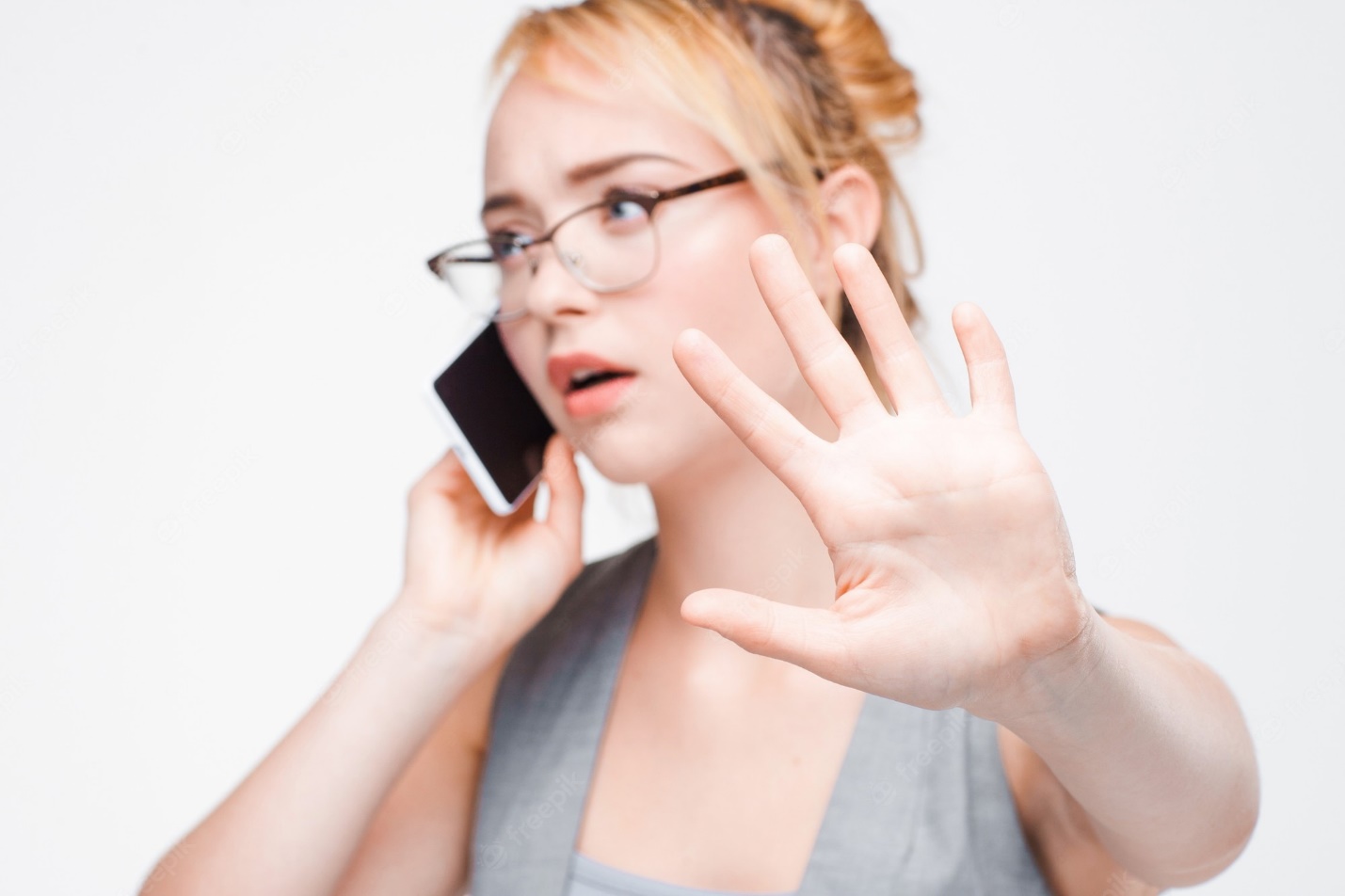
One of the basic communication mistakes is interrupting others while they are speaking. Polite people simply don’t do it. They are good listeners, focusing on what the other person is saying instead of just thinking about what they want to say next.
They have polite body language
Polite words aren’t enough if your body language is sending a completely different message. Polite people always pay attention to their manners, posture as well as the way they speak.
During conversations, they maintain eye contact, keep an open mind, don’t play with their phones, and avoid staring at the other person’s face or body…
They don’t chat and don’t listen to gossip
It’s easy to make quick judgments about others and want to share them with others. However, polite people will keep those thoughts to themselves.
“A polite person will try to understand the other person’s point of view instead of being judgmental. If they say they won’t tell anyone, no one will be able to know it from them,” Tsai said.
Not only do not speak, polite people also will not listen, do not participate in these gossip. If they can’t find a way to change the direction of the conversation to a more polite topic, they will politely leave.
They listen more than they talk
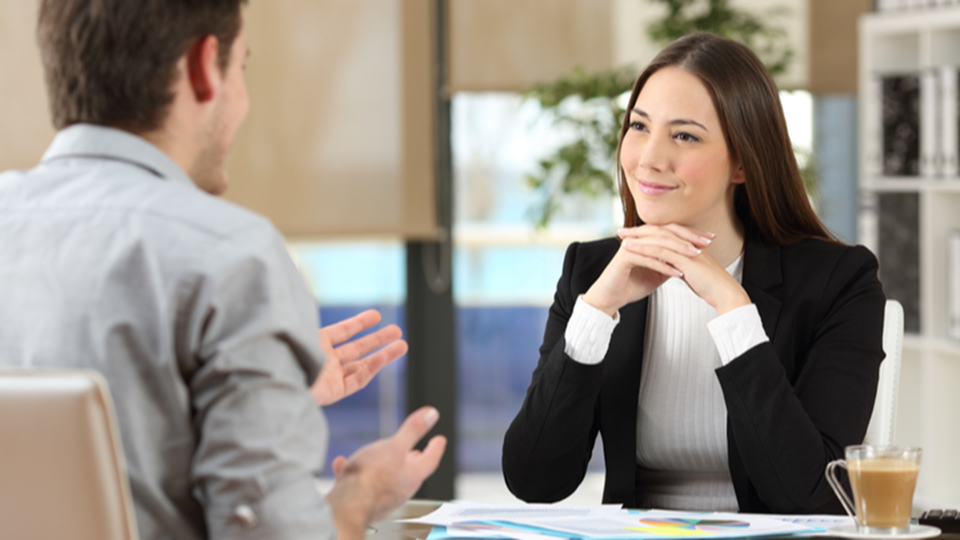
There’s nothing less polite than someone turning a conversation into a monologue. Part of politeness when communicating is listening to others. And just being silent when someone is talking is not enough, polite people know how to use other active listening techniques such as keeping eye contact, nodding… to make the other person feel that they are really heard and respected. important.
They treat the guard like an executive
Tsai says: Politeness makes you treat everyone equally, regardless of gender, status, wealth, race or any other factor. This means treating others with respect and dignity, treating buskers and taxi drivers as you would your company president or a celebrity. It also means that you act with kindness even when no one else is watching.
They are never passive-aggressive
“Rude is always rude, no matter what the excuse is,” Parker said. Passive aggression is an indirect, non-obvious expression of negative emotions and would never be used by polite people.
“Never dismiss someone in bad faith and then simply say, ‘I’m just being honest,’” she says.
Of course, this doesn’t mean that you have to accept everything others say and do, but rather learn to overcome your fear of confrontation and how to acknowledge differences and discuss difficult issues openly. open and frank.
They don’t take other people’s mistakes/mistakes to make them happy

It is a strange thing that many people find joy in the misfortune of others. Meanwhile, polite people understand that no one is perfect and they always treat everyone with a tolerant attitude. No one wants to be made fun of in a similar situation.
They know the difference between indoor and outdoor volume
Speaking at a loud volume in public places not only annoys everyone around you, but it also quickly makes you appear rude. Polite people always know to keep the volume down when indoors and can turn up when chatting outdoors.
at Blogtuan.info – Source: Eva.vn – Read the original article here
